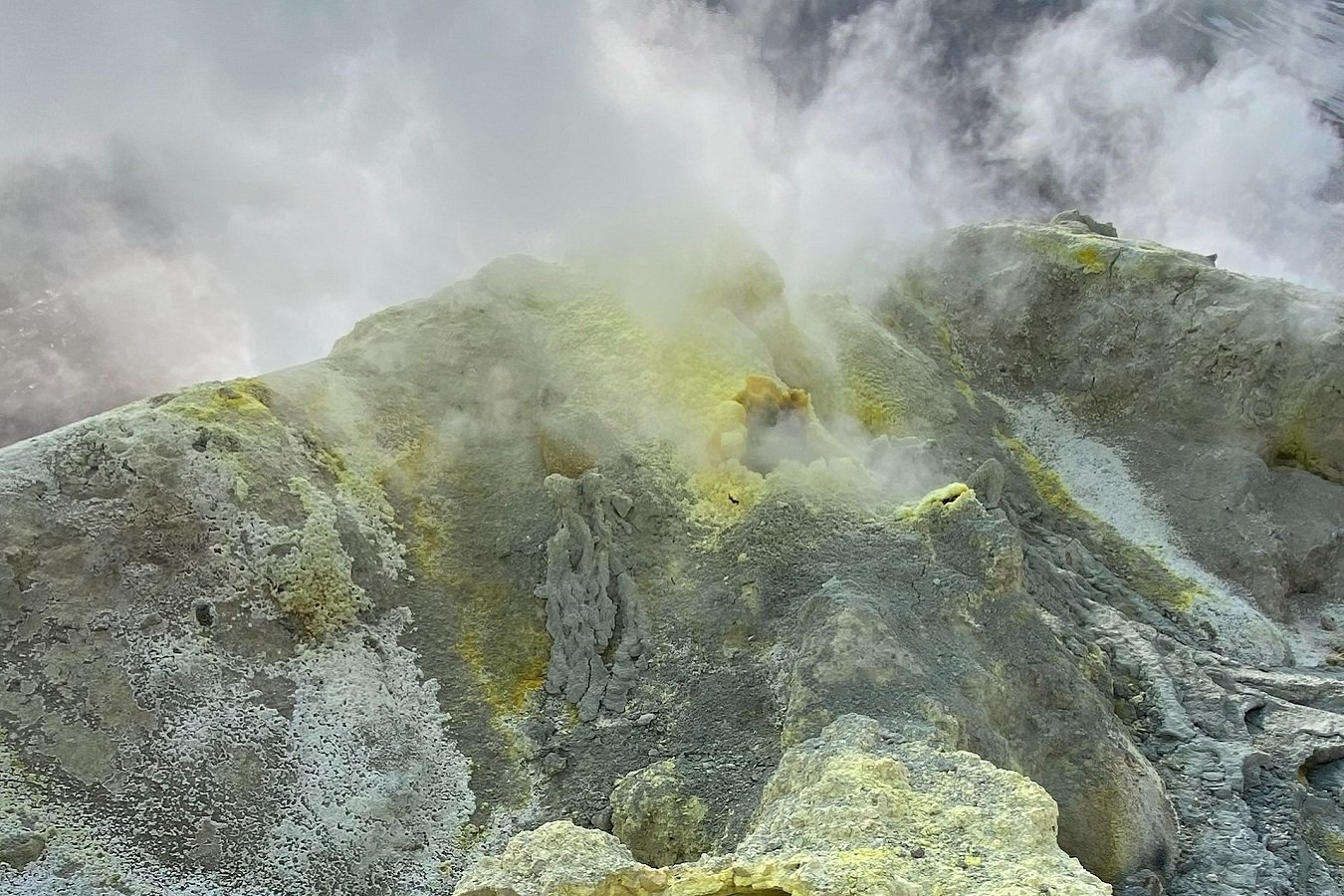2023-02-14 インペリアル・カレッジ・ロンドン(ICL)
◆このたび、インペリアル・カレッジ・ロンドンとエクセター大学の科学者による新たな研究により、温暖化した場合、協力するように成熟した細菌群集は、互いに競争している細菌群集よりも多くの二酸化炭素(CO2)を放出することが明らかになりました。
◆この成果は、『Nature Microbiology』誌に掲載されました。
◆バクテリアは、人間と同様に呼吸を行い、酸素を取り込み、二酸化炭素を放出している。その呼吸のレベルを制御する多くの要因の中で、特に重要なのが温度である。
◆バクテリアは、土の中や水たまり、私たちの腸内など、人が生活できるあらゆる環境でさまざまな種の生物集団を形成している。コミュニティが形成された当初は、それぞれの細菌種が最高の資源を手に入れようと「競争」していることが多い。
◆しかし、時が経つにつれて、これらの生物集団は成熟し、互いの資源利用を促進することで協力し合うようになる。例えば、複数の細菌種が協力して落ち葉を分解し、栄養分を確保するといったように、それぞれの細菌種が群集全体の「健康」を保つための役割を担っている。
◆これまで研究者たちは、気温上昇に対する細菌群集の反応は、主に個々の種の代謝の変化によって支配されると考えていた。つまり、環境が温暖化すると、個々の細胞は生き残るために呼吸を速くしなければならなくなる。
◆しかし、この論文では、細菌種が相互に作用し合うことで、群集の協力の度合いが変化するかどうかを検証している。つまり、気温が上昇すると、二酸化炭素の放出速度が加速されるのだ。
◆急速に変化する環境:研究チームは、アイスランドの地熱河川の生物群集を使った実験室で、このモデルを検証した。その結果、競争から促進への移行により、生物群集の呼吸の温暖化に対する感度が60%上昇することがわかった。
<関連情報>
- https://www.imperial.ac.uk/news/243111/microbes-that-co-operate-contribute-more-carbon/
- https://www.nature.com/articles/s41564-022-01283-w
微生物群集呼吸の温度依存性は、種間相互作用の変化によって増幅される The temperature dependence of microbial community respiration is amplified by changes in species interactions
Francisca C. García,Tom Clegg,Daniel Barrios O’Neill,Ruth Warfield,Samraat Pawar & Gabriel Yvon-Durocher
Nature Microbiology Published:02 February 2023
DOI:https://doi.org/10.1038/s41564-022-01283-w

Abstract
Respiratory release of CO2 by microorganisms is one of the main components of the global carbon cycle. However, there are large uncertainties regarding the effects of climate warming on the respiration of microbial communities, owing to a lack of mechanistic, empirically tested theory that incorporates dynamic species interactions. We present a general mathematical model which predicts that thermal sensitivity of microbial community respiration increases as species interactions change from competition to facilitation (for example, commensalism, cooperation and mutualism). This is because facilitation disproportionately increases positive feedback between the thermal sensitivities of species-level metabolic and biomass accumulation rates at warmer temperatures. We experimentally validate our theoretical predictions in a community of eight bacterial taxa and show that a shift from competition to facilitation, after a month of co-adaptation, caused a 60% increase in the thermal sensitivity of respiration relative to de novo assembled communities that had not co-adapted. We propose that rapid changes in species interactions can substantially change the temperature dependence of microbial community respiration, which should be accounted for in future climate–carbon cycle models.

